House valuation explained and the best online tools to use
From using an online valuation calculator, to preparing your home for an official Chartered RICS surveyor inspection, this guide reveals everything you need to know about the house valuation process

A house valuation is an important part of the house selling and property buying process. To ensure your home sells for the right price and, within a reasonable time frame, you need to set a fair asking price.
This will involve lots of independent research, as well as gathering a number of estimations from your local estate agents.
House valuations explained
In this article, we explain all the factors involved in the house valuation process whether you’re buying or selling – from how to choose the right estate agent valuation quote and preparing your home for an inspection, to the best online tools available.
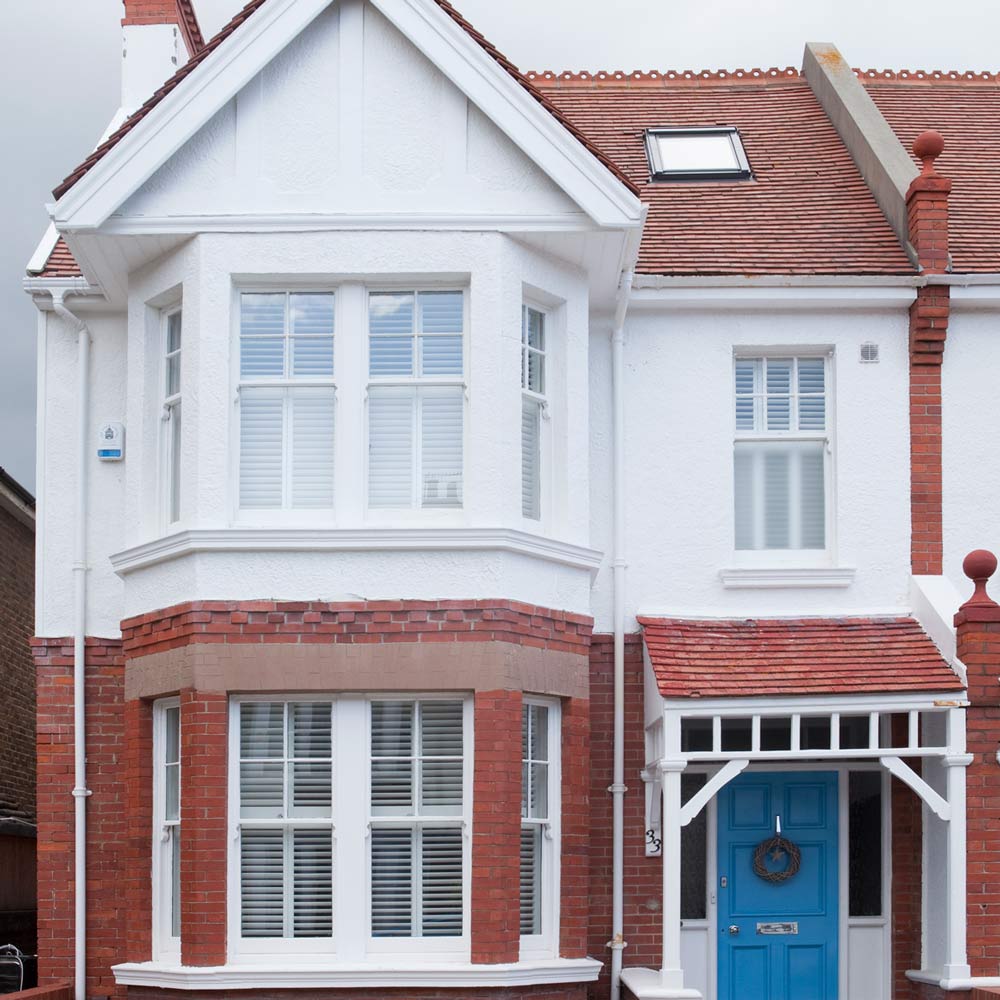
If you’re buying a house, a property valuation will need to be undertaken by an experienced and Chartered RICs surveyor who will visit the home you're intending to buy and provide a report detailing the findings from their inspection.
‘You want to ensure that the property you’re planning to buy is worth what you are planning to spend,’ says Vadim Toader, CEO and Founder of Proportunity. What’s more, most mortgage providers will insist upon one, too.
What is a house valuation based on?
A house valuation is based on the size, age, location and condition of the property. The local area – what it’s like and what it has to offer – also comes into play, too, taking into account factors such as local schools, public transport, noise and crime levels.
‘What is worth remembering is that ultimately, a property is only worth what a buyer is willing to pay,’ says Dave Sayce, Founder and Director at Compare My Move.
Get the Ideal Home Newsletter
Sign up to our newsletter for style and decor inspiration, house makeovers, project advice and more.
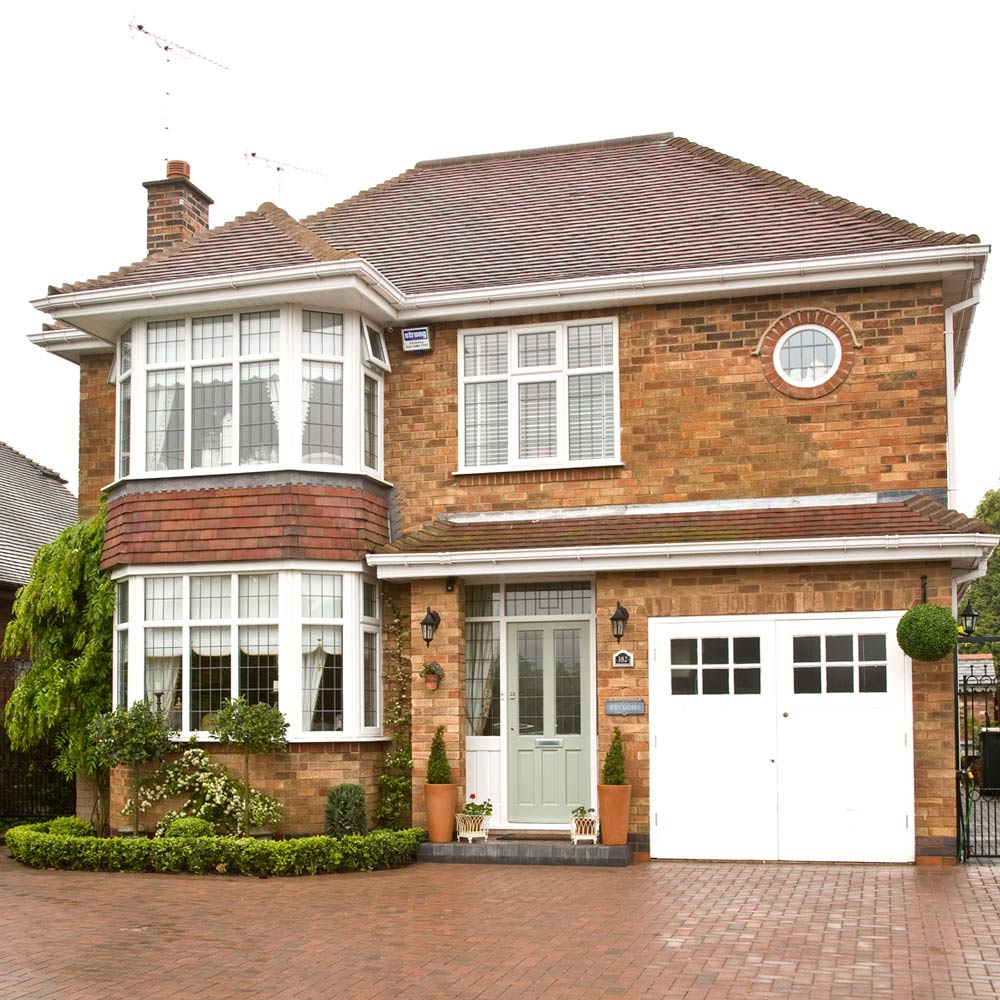
How do I find out the value of a house?
The first step is to do some research of your own into similar properties in the area. If you intend to sell your home, it will give you a good starting point to valuing and setting a sale price for your own property. If buying, it will help you work out what you can afford to get in the area you want to buy in.
‘Start by researching local house prices, reviewing how much similar properties have sold for in your area,’ says Dave. ‘House prices fluctuate often, so the more recent the sale has been, the more accurate the estimate will be.’
If selling, you’ll need to arrange three estate agents’ valuations. Don’t automatically choose the agent who gives you the highest valuation as, if they’ve overvalued it, you’ll struggle to sell. A good rule of thumb is to go with the middle value or calculate an average.
What is a house valuation report?
When buying a house you’ll need a valuation report carried out by a registered Royal Institution of Chartered Surveyors' surveyor (RICS). A mortgage lender will require it to ensure you’re paying a fair price for the property you intend to buy.
‘It’s not as detailed as other survey types available, usually only being two to three pages long, as it’s simply providing you with an overall valuation of the property and any obvious defects that could affect the price,’ says Dave.
What does a surveyor look for in a house valuation?
A valuation will be based on the surveyor’s knowledge of the area, as well as the quality of the house for sale.
‘The main indicators the surveyor may look for include a brief inspection of the property’s overall condition, if the building has been modernised or refurbished, whether the number of rooms declared is accurate and how it compares to other houses in the area,’ says Dave.
One thing to note is that, unlike other house surveys, you will not be advised on any maintenance and repair work needed, but these factors will be considered when the surveyor writes his/her report.
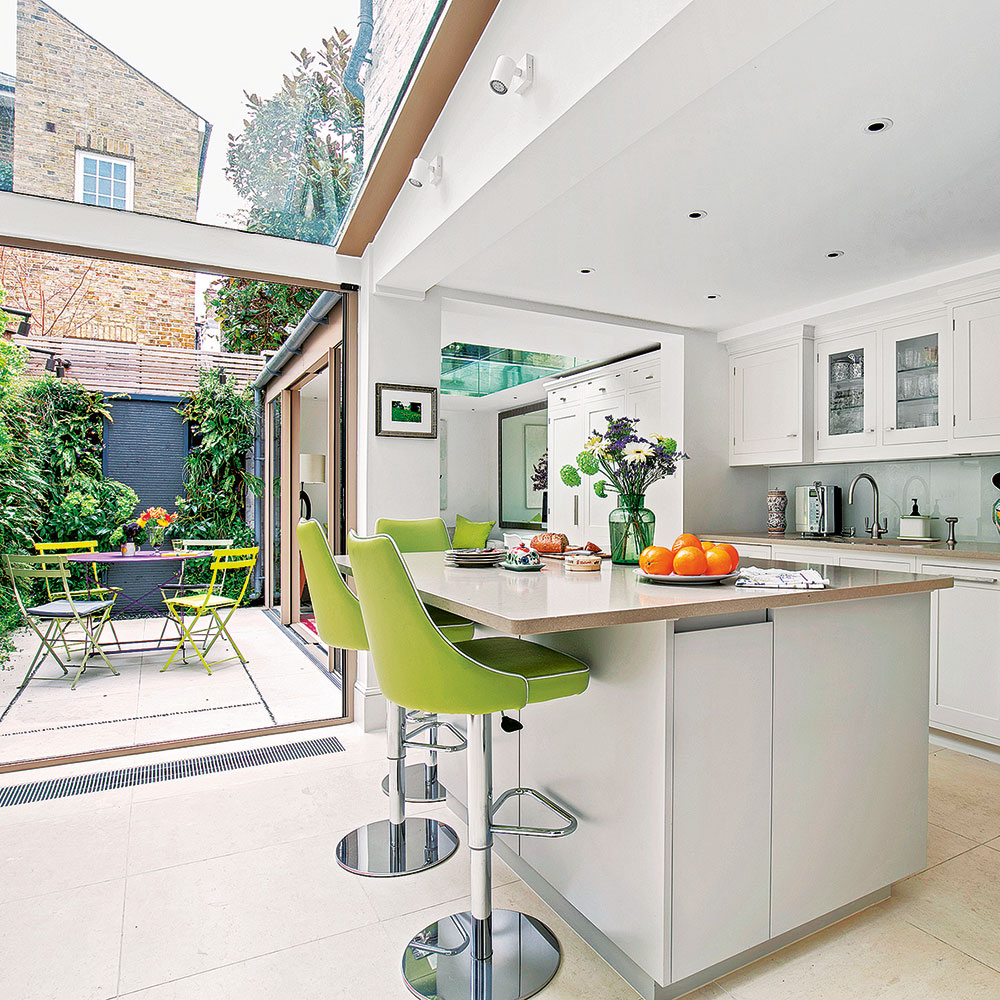
What is HPI house valuation?
The House Price Index, otherwise known as HPI, is a national statistic that shows changes in values of properties in England, Scotland, Wales and Northern Ireland.
The data is available at national, as well as regional levels, as well as counties, local authorities and London Boroughs. ‘It only benchmarks the property prices based on the previous purchase price and the movement in the market in the region since the purchase,’ says Vadim. ‘It’s a basic valuation and usually less accurate compared with more advanced valuations.’
What brings down a property value?
The main reason for a low valuation is a property in poor condition, such as leaking roofs, damage to the property exterior and noticeable damp. However there are some renovations and home improvements which, although may have benefitted the seller at the time, can actually devalue a home.
‘Knocking down a bedroom wall to create one spacious bedroom rather than having two mid-size rooms may be desirable to you, but can significantly bring down your home’s worth,’ says Dave. Similarly, getting rid of a bath in favour of a shower can also be a bad idea. ‘Many people like the option of having a bath and parents prefer bathing their children than showering them,’ says Dave.
How do I prepare my house for valuation?
Although most of the factors used to assess a property’s value are out of your control, there are some steps you can take to ensure a smooth valuation by a Chartered RICs property surveyor when selling your home. ‘Ensure the house is clean and well-presented, with as little clutter on display as possible. Open any windows to let in lots of natural light, too, as this will really help present your home in the best possible way,’ says Vadim. ‘Also, make sure there are no off-putting strong smells, like animals or bins,’ he says.

Dave also suggests making sure access is available for the whole property, such as keys for windows, outdoor sheds, garages and the loft. ‘Any restricted areas can be marked down and shown to the buyer, encouraging doubt,’ says Dave.
He also advises compiling a file with all the necessary paperwork and certification for the property. ‘Having documents like planning permission or an energy performance certificate can instil confidence in the history of the property,’ says Dave.
Best online tools to use?
If you want to find out a guide value of a house from the comfort of your own home, Vadim suggests the following useful websites: Proportunity, Zoopla, Rightmove and Purple Bricks.
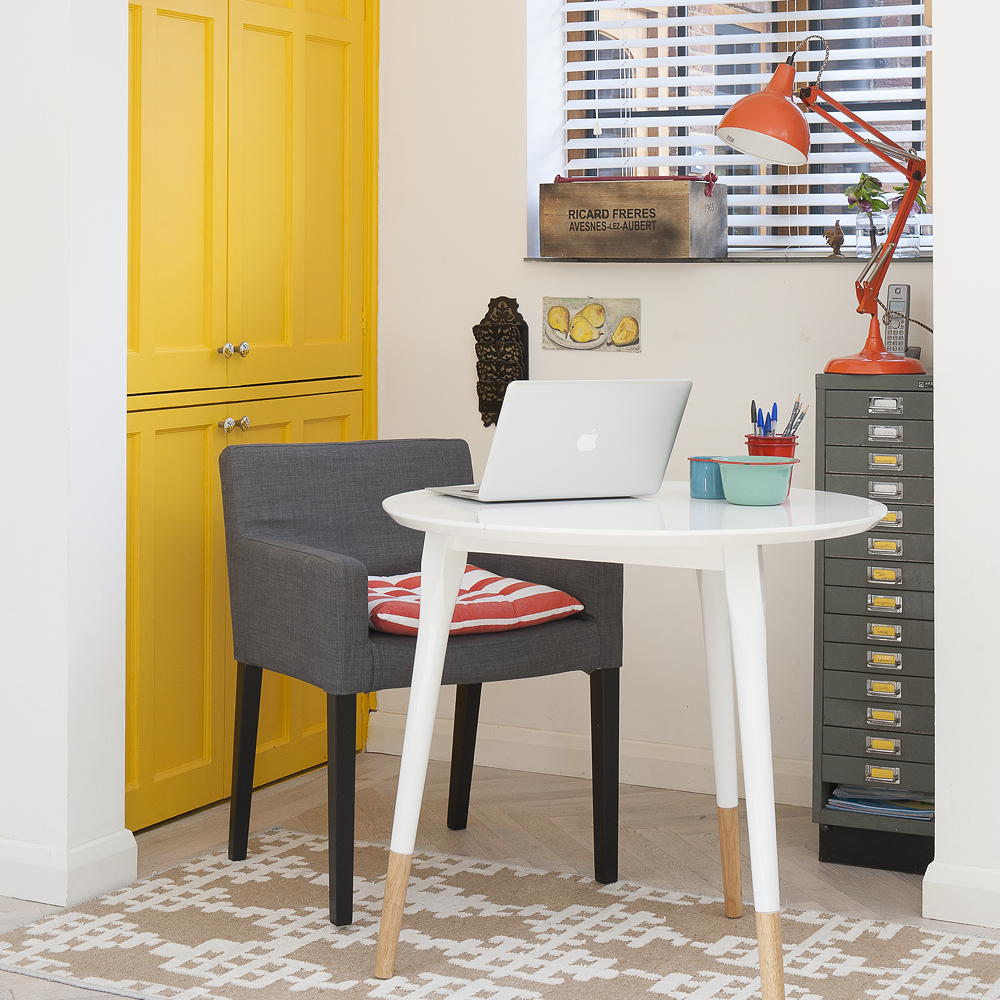
‘These tools typically ask you to enter your postcode, after which they will provide you with an estimated value of similar properties in your area, which can serve as a good indication of a property’s value,’ says Vadim.

Sophie Vening is a freelance journalist and editor with more than 16 years’ experience writing about homes and properties. She’s worked for some of the UK’s leading interiors, self-build and property titles including, Grand Designs, Ideal Home, House Beautiful, Build It, The Metro Homes & Property and The Evening Standard Homes & Property.
She enjoys writing about complex issues in an easy-to-understand way.
-
 A strict colour palette and vintage finds have turned this semi-detached Edwardian house into an elegant family home
A strict colour palette and vintage finds have turned this semi-detached Edwardian house into an elegant family homeSticking to a three-colour palette of green, pink and yellow and mixing in plenty of vintage furniture and art has created an authentic period feel
By Stephanie Smith
-
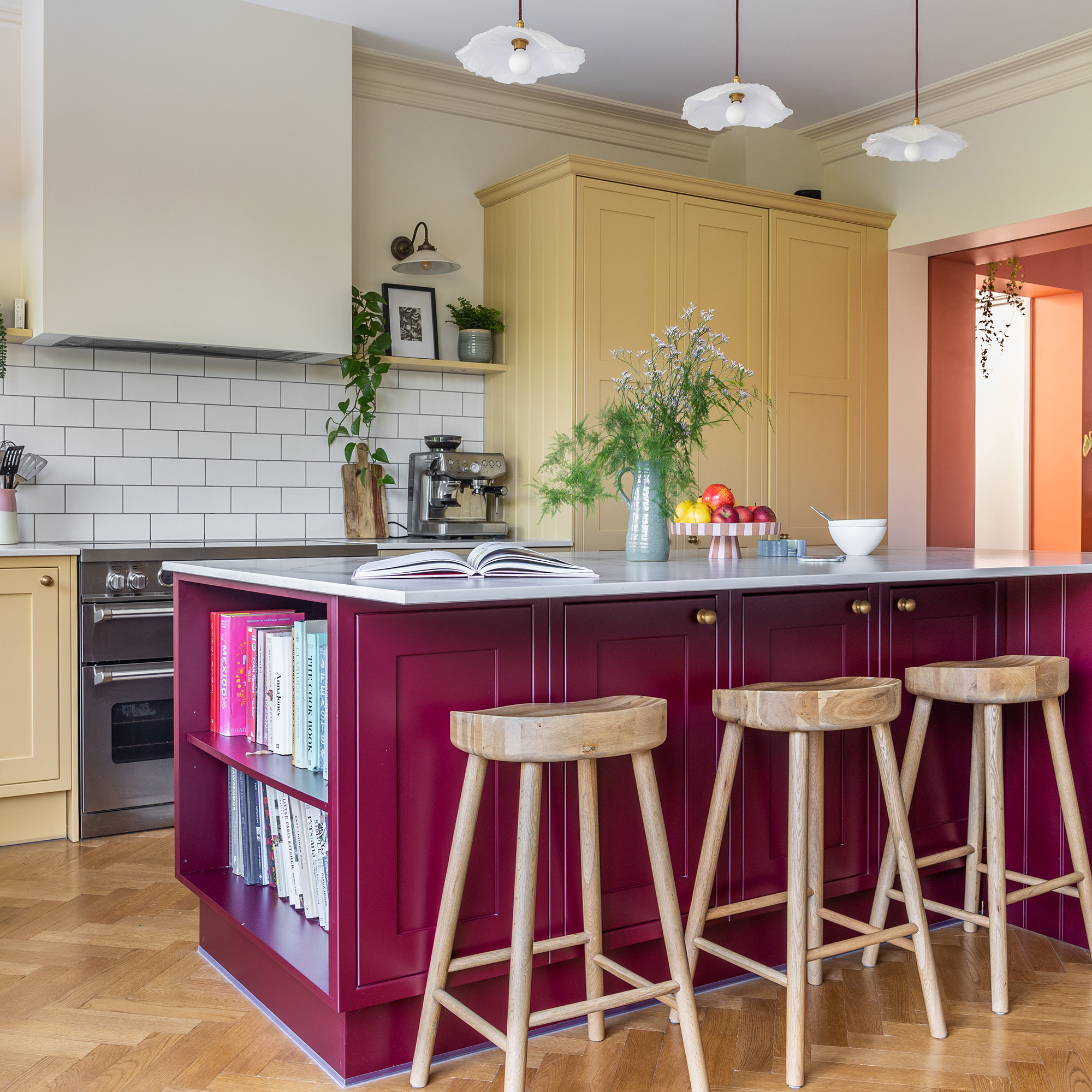 A top-to-bottom renovation has turned this Edwardian house into a lovely family home
A top-to-bottom renovation has turned this Edwardian house into a lovely family homeWith a few considered structural changes, this period house has been turned into a family home and has created a sanctuary for years to come
By Maxine Brady
-
 How to heat a conservatory
How to heat a conservatory7 practical options to consider for year-round comfort
By Amy Reeves
-
 You can claim back over £300 a year from HMRC if you work from home - here’s how to check if you’re eligible
You can claim back over £300 a year from HMRC if you work from home - here’s how to check if you’re eligibleWhen it comes to saving, every little helps
By Kezia Reynolds
-
 Experts have revealed the best day to renew your home insurance policy - you’ll want to do it sooner rather than later
Experts have revealed the best day to renew your home insurance policy - you’ll want to do it sooner rather than laterDon't leave this task at the bottom of your to do list
By Kezia Reynolds
-
 Is a variable rate mortgage ever a good idea? Experts weigh in
Is a variable rate mortgage ever a good idea? Experts weigh inOur money expert explains what a variable rate mortgage is, who they can be good for, and the pros and cons of this kind of mortgage
By Samantha Partington
-
 I’m a first-time buyer, what are my chances of getting a mortgage right now?
I’m a first-time buyer, what are my chances of getting a mortgage right now?And what you can do to increase your odds
By Rachel Wait
-
 Should you ever pay above the asking price for a home?
Should you ever pay above the asking price for a home?Our money expert explains whether you should ever pay over the asking price for a home, especially if house prices fall as predicted
By Samantha Partington
-
 Should I fix my mortgage and how long should I fix for?
Should I fix my mortgage and how long should I fix for?We speak to the experts to find out whether you should fix your mortgage and how long for as well as the impact further interest changes could have on your decision
By Samantha Partington
-
 We put your mortgage questions to two leading experts, here's what they said
We put your mortgage questions to two leading experts, here's what they saidAs mortgage panic continues, we've answered the most common questions - from when mortgage rates will come down, to when you actually have to pay stamp duty
By Samantha Partington
-
 'My mortgage is set to skyrocket - what should I do?' 5 potential solutions from a money expert
'My mortgage is set to skyrocket - what should I do?' 5 potential solutions from a money expertIf you're facing higher mortgage costs, our money expert explains various courses of action you could take to ease the pressure
By Samantha Partington